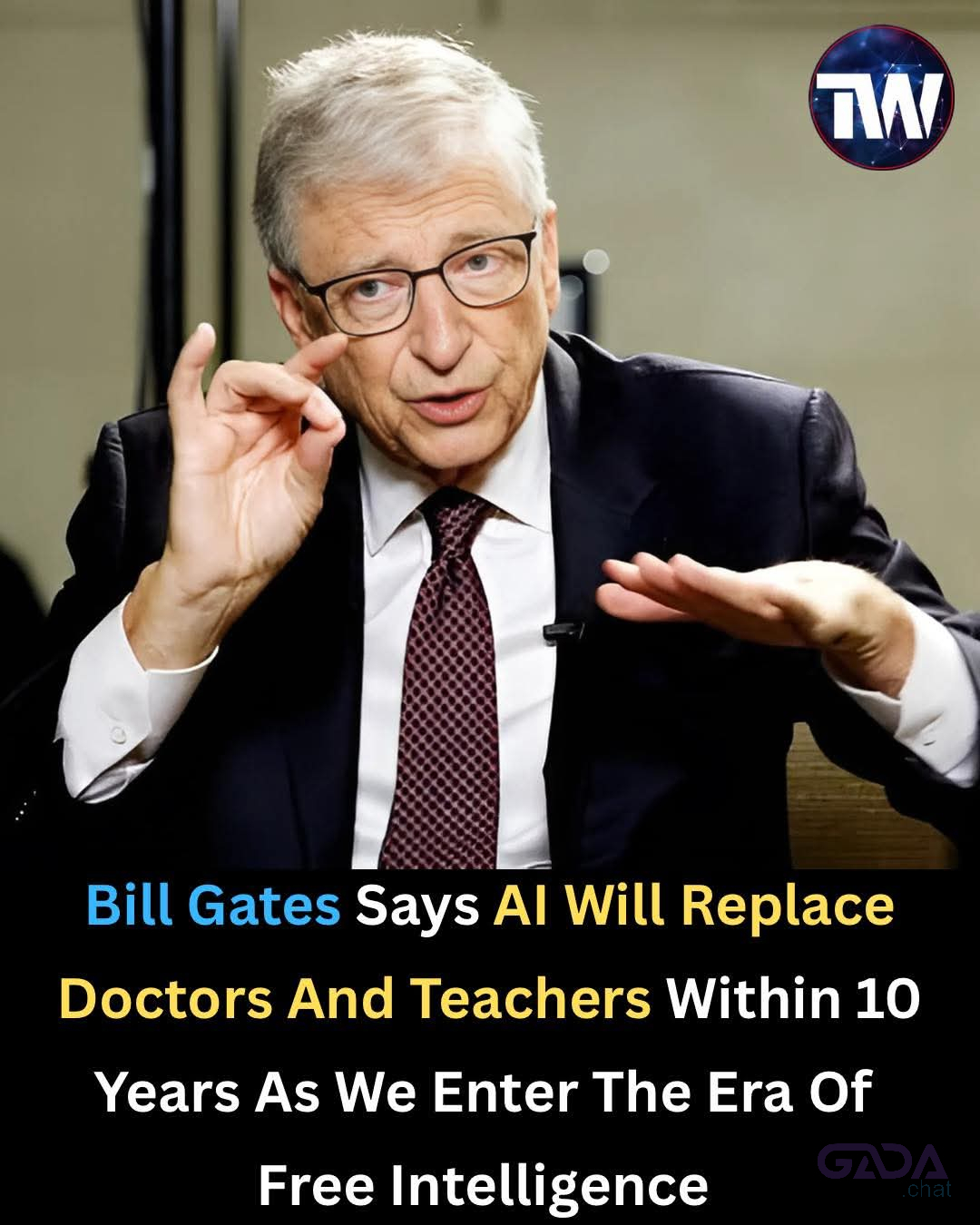How a Young PhD Holder Who Came to Me for Prayers Kept Correcting My English" – Apostle Suleman
Apostle Johnson Suleman, the founder and senior pastor of Omega Fire Ministries International, recounted a striking encounter during a recent Recovery Conference, involving a highly educated young man who came to him for prayers — but ended up repeatedly correcting his English.
Sharing the experience, Apostle Suleman said the man, who holds three PhDs, was brought to his office by his mother for spiritual help. However, instead of receiving prayers calmly, the man became fixated on the apostle’s pronunciation and grammar. “While we were talking, I said, ‘The power of God is coming.’ He quickly corrected me, saying, ‘No, it’s not power,’” Suleman recalled.
The corrections didn't stop. “Everything I said, he would adjust. I was saying ‘God’ and he insisted it should be pronounced differently. He even corrected me when I said ‘debt’ — he thought I meant ‘death.’ I asked him, ‘Who died?’”
Despite the man’s academic achievements, Suleman noted that he was unable to hold down a job, often due to his habit of correcting superiors and colleagues. “He’d tell his boss, ‘That’s not how to write an email,’ and insisted on meetings about management decisions in another man’s company,” he said.
Suleman expressed his concern that while the man was intellectually gifted, he lacked the practical fruit of his knowledge. “He had leaves, but no fruit,” the preacher said, referencing the biblical metaphor of a fruitless tree. “You’ve gone through the four walls of education, yet your current reality makes your body cringe. Truth must produce corresponding evidence.”
He concluded by declaring spiritual liberation over the congregation: “Anything against your fruitfulness shall be roasted.”
Apostle Johnson Suleman, the founder and senior pastor of Omega Fire Ministries International, recounted a striking encounter during a recent Recovery Conference, involving a highly educated young man who came to him for prayers — but ended up repeatedly correcting his English.
Sharing the experience, Apostle Suleman said the man, who holds three PhDs, was brought to his office by his mother for spiritual help. However, instead of receiving prayers calmly, the man became fixated on the apostle’s pronunciation and grammar. “While we were talking, I said, ‘The power of God is coming.’ He quickly corrected me, saying, ‘No, it’s not power,’” Suleman recalled.
The corrections didn't stop. “Everything I said, he would adjust. I was saying ‘God’ and he insisted it should be pronounced differently. He even corrected me when I said ‘debt’ — he thought I meant ‘death.’ I asked him, ‘Who died?’”
Despite the man’s academic achievements, Suleman noted that he was unable to hold down a job, often due to his habit of correcting superiors and colleagues. “He’d tell his boss, ‘That’s not how to write an email,’ and insisted on meetings about management decisions in another man’s company,” he said.
Suleman expressed his concern that while the man was intellectually gifted, he lacked the practical fruit of his knowledge. “He had leaves, but no fruit,” the preacher said, referencing the biblical metaphor of a fruitless tree. “You’ve gone through the four walls of education, yet your current reality makes your body cringe. Truth must produce corresponding evidence.”
He concluded by declaring spiritual liberation over the congregation: “Anything against your fruitfulness shall be roasted.”
How a Young PhD Holder Who Came to Me for Prayers Kept Correcting My English" – Apostle Suleman
Apostle Johnson Suleman, the founder and senior pastor of Omega Fire Ministries International, recounted a striking encounter during a recent Recovery Conference, involving a highly educated young man who came to him for prayers — but ended up repeatedly correcting his English.
Sharing the experience, Apostle Suleman said the man, who holds three PhDs, was brought to his office by his mother for spiritual help. However, instead of receiving prayers calmly, the man became fixated on the apostle’s pronunciation and grammar. “While we were talking, I said, ‘The power of God is coming.’ He quickly corrected me, saying, ‘No, it’s not power,’” Suleman recalled.
The corrections didn't stop. “Everything I said, he would adjust. I was saying ‘God’ and he insisted it should be pronounced differently. He even corrected me when I said ‘debt’ — he thought I meant ‘death.’ I asked him, ‘Who died?’”
Despite the man’s academic achievements, Suleman noted that he was unable to hold down a job, often due to his habit of correcting superiors and colleagues. “He’d tell his boss, ‘That’s not how to write an email,’ and insisted on meetings about management decisions in another man’s company,” he said.
Suleman expressed his concern that while the man was intellectually gifted, he lacked the practical fruit of his knowledge. “He had leaves, but no fruit,” the preacher said, referencing the biblical metaphor of a fruitless tree. “You’ve gone through the four walls of education, yet your current reality makes your body cringe. Truth must produce corresponding evidence.”
He concluded by declaring spiritual liberation over the congregation: “Anything against your fruitfulness shall be roasted.”













